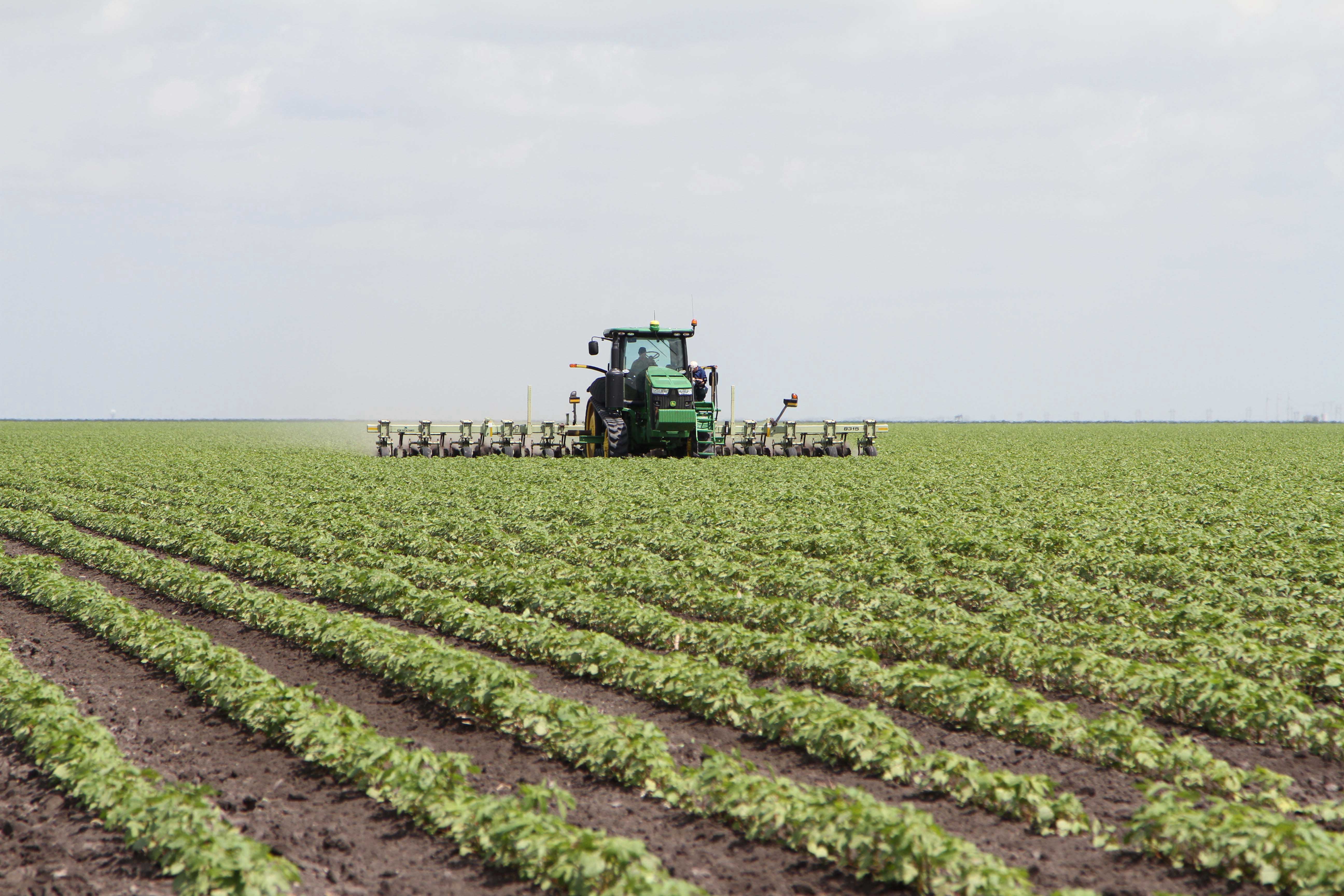By Julie Tomascik
Editor
The 2018 Farm Bill is on the horizon, and Texas farmers and ranchers are gearing up for a national debate. The Lubbock and Lynn-Garza County Farm Bureaus want to be part of that conversation and are hosting a farm bill discussion meeting Aug. 17 at the Bayer Museum of Agriculture in Lubbock.
“It’s open to everyone—civic leaders, farmers, ranchers, those in agricultural businesses and more,” Walt Hagood, Lynn-Garza County Farm Bureau president, said. “The farm bill reaches beyond the field, so everyone needs to be familiar with it.”
On the South Plains of Texas, cotton is one of the top commodities. Grains—like corn, wheat and sorghum—are also grown, and livestock are raised. Each commodity has its issues in farm policy, Hagood said, and that can make it difficult to stay current on all legislation.
“The farm bill is so complex. We find out certain things work and others don’t in our farm policy. We need to have these discussions to talk about what works for agriculture as a whole,” Hagood said. “But it can be tough sometimes to devote the time to studying all of the farm bill. Meetings like this help us bring up those discussions and focus on a better understanding of the bill and what we need going forward.”
A strong safety net, according to the county Farm Bureau leaders, is needed for agriculture.
“The only way you can make a good living by farming right now is through a really good crop or a bumper crop. These prices just won’t sustain you with any less than that,” Doug Hlavaty, Lubbock County Farm Bureau president, said.
Growers need a farm bill to help counter volatile markets and Mother Nature, while consumers need it to help maintain food and nutrition programs.
“Only about 2 percent of the population are farmers and ranchers,” Hlavaty said. “So, we need to tell our story. We need to talk about farm policies with others. We need more people to add to agriculture’s voice in these decision-making situations.”
Hlavaty noted that the amount of money farmers spend in the local economy is driven by their crop year.
“It’s important that local leaders understand the situation farmers are facing,” Hlavaty said. “Unless they’re a banker dealing with a farmer, they don’t always feel the effects of low farm income until a little later. We support their local businesses, but farmers don’t spend as much when they’re just trying to break even each year.”
That low farm income will likely factor into the discussion, as will the need for assistance for cotton farmers.
“We need cotton listed as a Title I commodity. That will probably be a large part of our discussion—getting help for cotton farmers,” Hagood said. “But it’s not about just one commodity. It’s about agriculture, and the businesses that agriculture touches.”
The meeting will start at 1:30 p.m. Speakers will include Texas Farm Bureau Vice President Michael White; Dr. Darren Hudson, professor of Agriculture and Applied Economics at Texas Tech University; U.S. Rep. Jodey Arrington, House Agriculture Committee member; and Eddie McBride, president and CEO of the Lubbock Chamber of Commerce.
A panel discussion moderated by Tom Sell of Combest, Sell and Associates will follow.
The Bayer Museum of Agriculture is located at 1121 Canyon Lake Drive in Mackenzie Park

